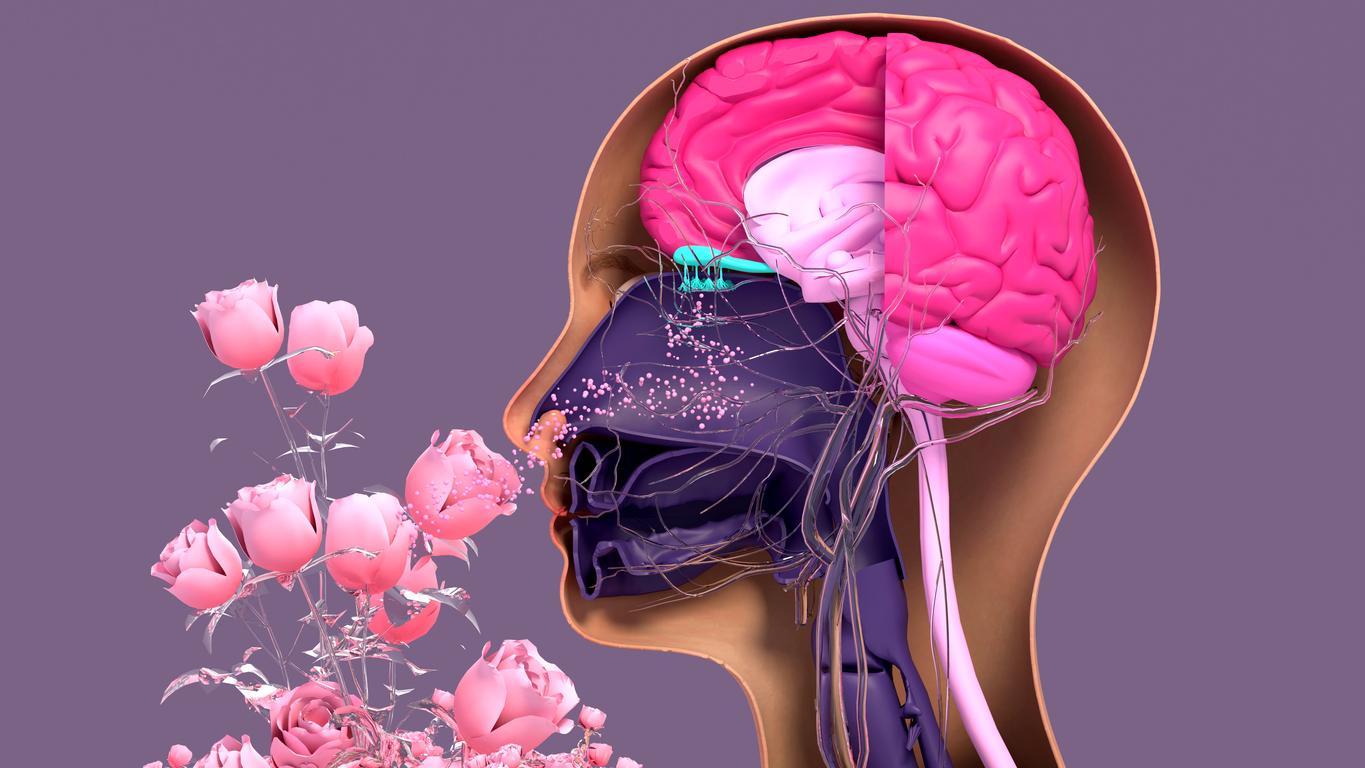Study finds obstructive sleep apnea can cause early cognitive decline, even in healthy patients without obesity.

- One study found that obstructive sleep apnea (OSA) could lead to early cognitive decline.
- Previous studies have attributed these disorders to some common comorbidities of OSA.
- This early cognitive decline would be linked in particular to an intermittent low oxygen content as well as a high level of carbon dioxide in the blood.
Obstructive sleep apnea syndrome (OSAS) is a pathology that can be dangerous. During sleep, people with OSA repeatedly stop breathing because the throat muscles relax, blocking the flow of air to the lungs. The most common symptoms are restless sleep, loud snoring, daytime sleepiness and prolonged headaches in the morning, which can be debilitating for patients and annoying for their partners.
80% of patients do not know they have sleep apnea
Obstructive sleep apnea is currently underdiagnosed: it is estimated that 15 to 30% of men and 10 to 15% of women, or approximately 1 billion adults worldwide, are affected. However, 80% do not know they suffer from it. The main risk factors for OSA are middle age or old age, obesity, smoking, chronic nasal obstruction, high blood pressure and being male.
In a study, the results of which were published in 2023 in the journal Frontiers in SleepBritish, German and Australian researchers have shed light for the first time on the fact that in middle-aged men, OSA can also lead to early cognitive decline, even in healthy, non-obese patients.
OSA: it can cause problems with social cognition
“We show poorer executive functioning and visuospatial memory and deficits in vigilance, sustained attention, and psychomotor and impulse control in men with OSA. Most of these deficits had previously been attributed to comorbidities.”explained Dr. Ivana Rosenzweig, lead author of the study and neuropsychiatrist leading the Sleep and Brain Plasticity Center at King’s College London, in a communicated. “We also demonstrated for the first time that OSA can lead to significant deficits in social cognition”she specifies.
Dr. Rosenzweig’s team studied 27 men aged 35 to 70 who had recently been diagnosed with mild to severe OSA but had no comorbidities. This type of patient is relatively rare, as most men and women with OSA have comorbidities such as cardiovascular and metabolic diseases, stroke, diabetes, chronic systemic inflammation, or depression.
The men were not smokers or alcoholics and did not suffer from obesity (i.e. with a body mass index less than 30). As a control, the researchers studied a group of seven men matched by age, BMI and education without OSA. The diagnosis of OSA was confirmed by a home sleep respiratory function test, known as “WatchPAT”, as well as by video-polysomnography at the King’s College Sleep Centre. In the latter approach, electroencephalography (EEG) is used to measure the brain waves of sleeping subjects, while tracking their blood oxygen levels, heart rate, breathing, and eye and leg movements.
Sleep apnea affects many cognitive abilities
The scientists also tested the volunteers’ cognitive function with the “Cambridge Neuropsychological Test Automated Battery” (CANTAB). Results showed that patients with severe OSA had lower alertness, executive functioning, short-term visual recognition memory, and social and emotional recognition than matched controls. Patients with mild OSA performed better than patients with severe OSA, but worse than controls.
“The most significant deficits were demonstrated in tests that assess both simultaneous visual matching ability and short-term visual recognition memory for nonverbalizable patterns, tests of executive functioning, and set switching attention, in vigilance and psychomotor functioning, and finally, in social cognition and emotion recognition”, detailed the authors.

Why does sleep apnea cause cognitive decline?
The researchers concluded that OSA is sufficient to cause these cognitive deficits, which previous studies had attributed to the most common comorbidities of OSA such as systemic hypertension, cardiovascular and metabolic diseases, and type 2 diabetes. The authors of study hypothesized that cognitive deficits are linked to intermittent low oxygen and high carbon dioxide in the blood, changes in blood flow to the brain, sleep fragmentation, and neuroinflammation in patients with OSAS.
“This complex interaction is still poorly understood, but is likely to result in widespread neuroanatomical and structural changes in the brain and associated functional cognitive and emotional deficits”concludes Dr. Rosenzweig.
















